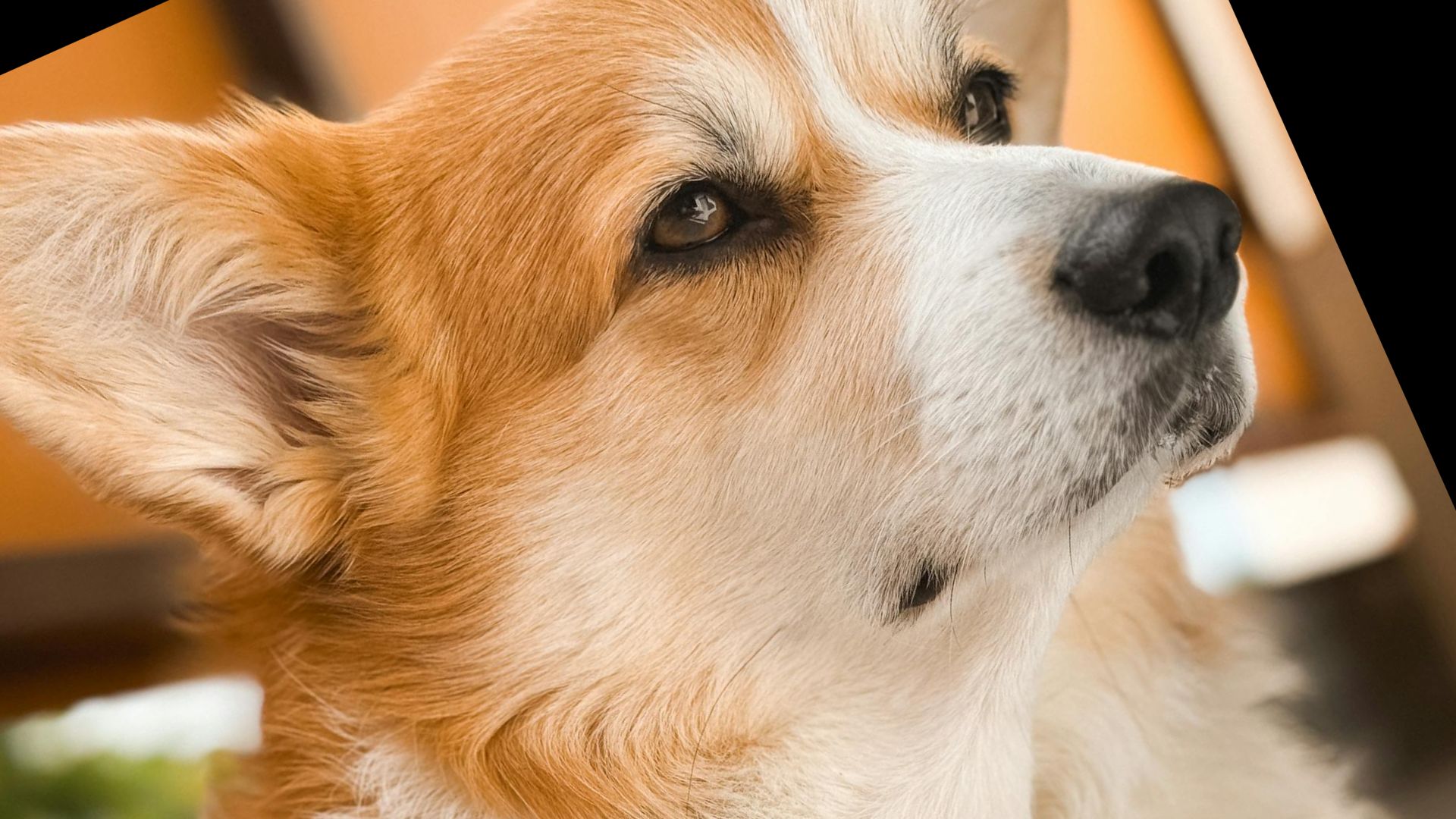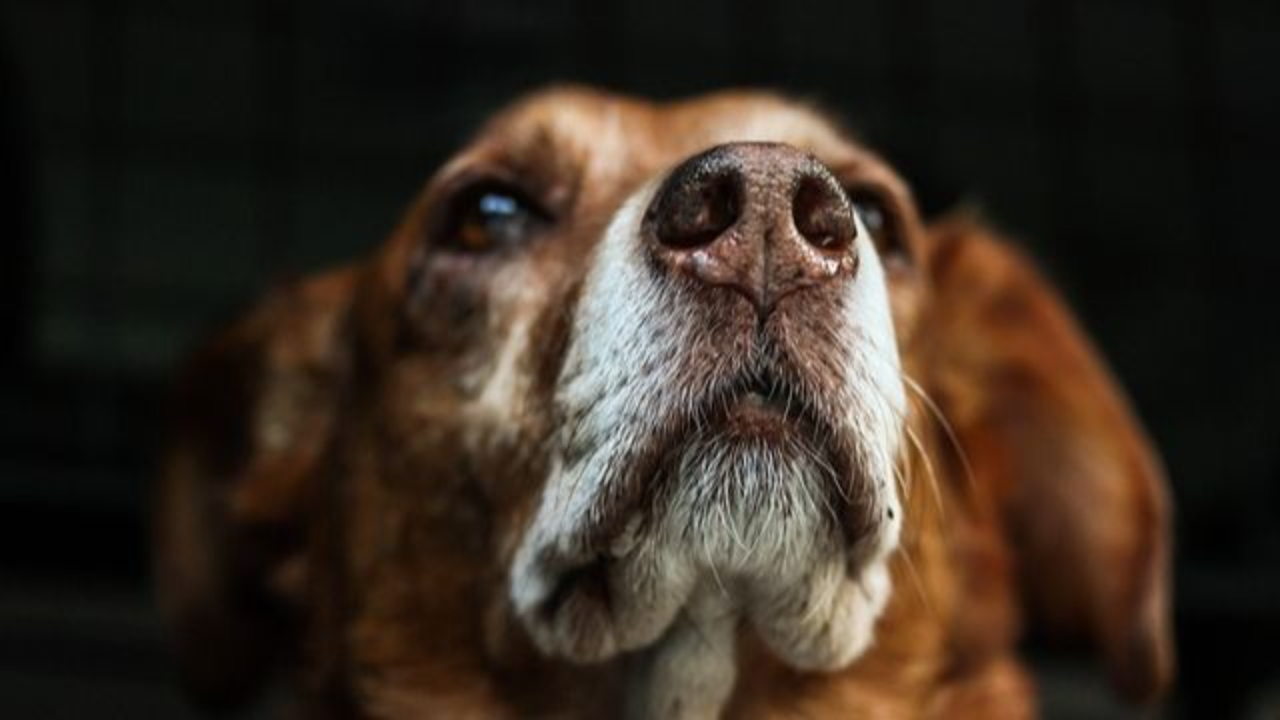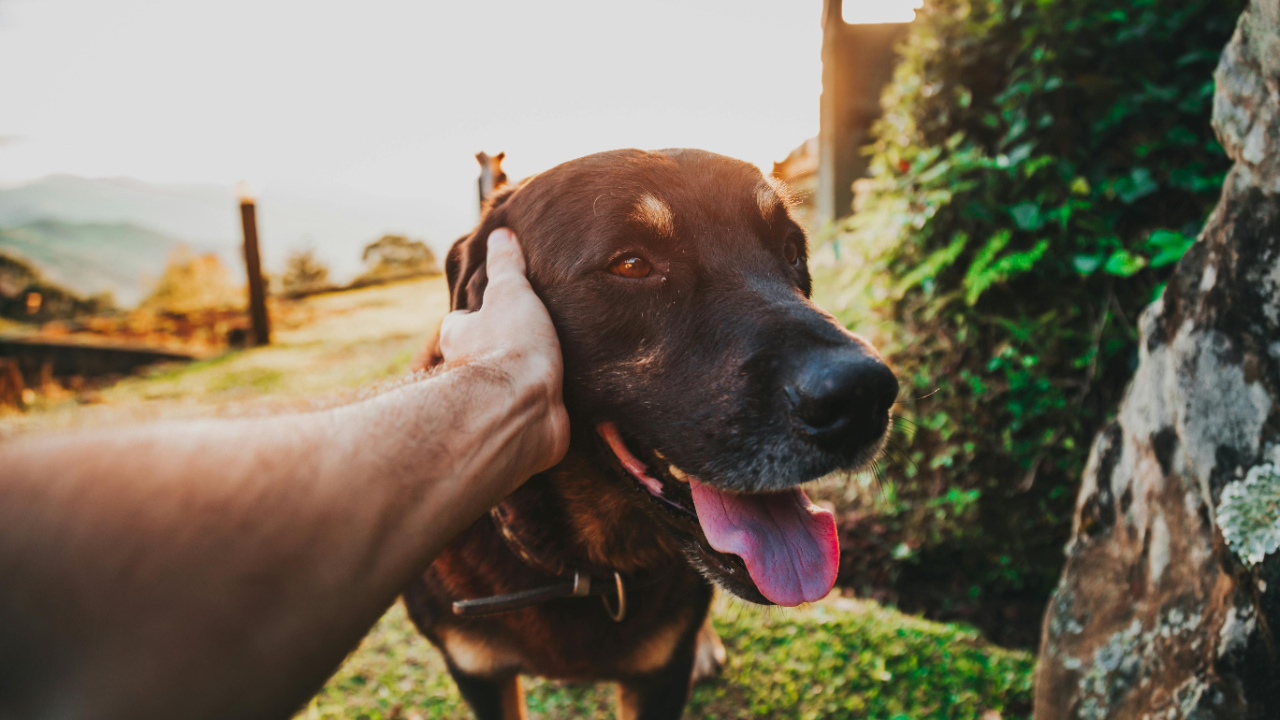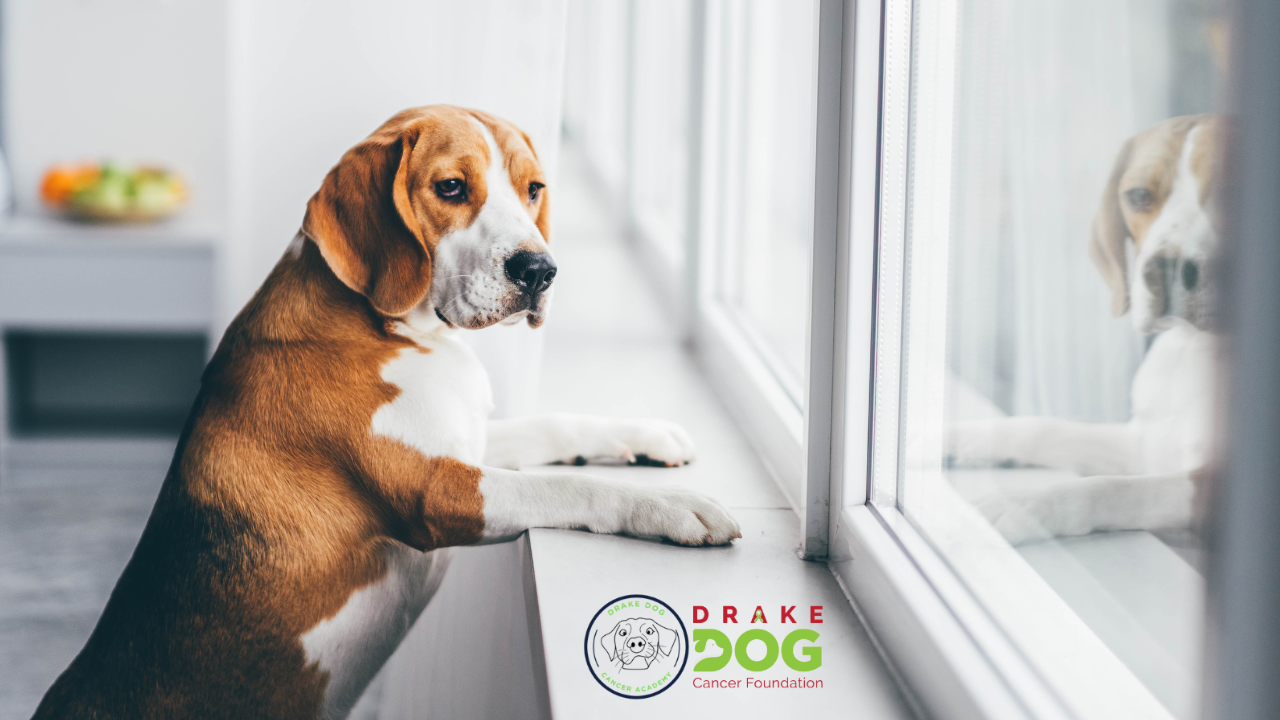Spot the Signs of Stomach Cancer in Dogs
Sep 20, 2024
Stomach cancer in dogs, though relatively rare, is a serious and often aggressive condition that affects the lining of the stomach. This type of cancer can appear in different forms, like adenocarcinoma, leiomyosarcoma, and lymphoma, each with its own challenges for diagnosis and treatment.
Unfortunately, it often flies under the radar until it’s advanced because early symptoms can be mild or confused with less serious digestive issues.
Whether you are trying to understand the early warning signs or seeking advice on managing a diagnosis, this article aims to equip you with the knowledge needed to make informed decisions about your dog’s health and well-being.
Cause of Stomach Cancer in Dogs
Like most other cancer types, we can't exactly pinpoint the exact cause. What we can do is determine which breeds are more likely than others to contract the condition. The following breeds are known to be more at risk of developing stomach cancer:
- Rough Collie
- Staffordshire Bull Terrier
- Belgian Shepherd Dog
- Chow Chow
- Standard Poodle

Stomach Cancer in Dogs: Signs and Symptoms
Stomach cancer symptoms in dogs can vary, but if you notice abnormalities in your dog's appearance or behavior, it's important to get a vet consult.
Generally, with this type of cancer, you should watch for:
- Sudden weight loss
- Vomiting blood (even in small amounts)
- Unhappy demeanor
- Abnormal body language
- Irregular urination and bowel movements
- Licking or scratching of any part of the body
- Vocalization (especially when touched)
Diagnostic Tools and Traditional Treatment
To diagnose stomach cancer in dogs, veterinarians use a variety of imaging and testing methods. Double contrast gastric radiographs can reveal a mass extending across the abdomen and into the stomach lumen.
Fluoroscopy
Fluoroscopy is another useful tool that can detect changes in stomach motility, while ultrasonography helps visualize internal structures.
Gastroscopy
For larger lesions, a gastroscopy using a flexible endoscope is often performed.
During this procedure, multiple large biopsies are taken since tumors often have areas of necrosis, inflammation, and ulceration, making accurate sampling challenging.
Some tumors may also be located beneath the mucosal layer, complicating the biopsy process.
Blood Tests
In addition to imaging and endoscopic techniques, certain blood tests can aid in the diagnosis. For example, microcytic hypochromic anemia and the presence of occult blood in the feces can indicate gastrointestinal cancer.
Elevated liver enzymes are another potential sign, often caused by bile duct obstruction due to the tumor.

Treatment Options For Stomach Cancer in Dogs
Traditional treatment usually involves surgery, chemotherapy, radiation, or even a mixture of a handful. Your veterinarian will likely review your individual dog's health, age, any other health conditions, and the stage of the cancer before making recommendations.
The most popular treatment options include:
External Beam Radiation
External beam radiation is often used to aim radiation at the tumor from outside the body. This treatment works best for tumors that haven't spread and can be used after surgery to remove any remaining cancer cells.
It’s also a good option for dogs who can't have surgery due to health issues or because of where the tumor is located.
Surgery
Removing cancer with surgery involves making an incision in the abdomen to access the stomach and remove the cancerous tissues. The goal is to remove as much as possible.
If the surgeon gets it all, you may hear them say they had clean margins. If not, dirty margins could result in additional therapies being recommended.
It's important to note that surgery may not be an option for your pup if cancer has spread throughout the body.
Chemotherapy
Chemotherapy uses special drugs to kill or slow down the growth of cancer cells. This treatment is usually considered when the cancer has spread or when surgery isn’t possible. Chemotherapy can be given as pills or through an IV and is often combined with other treatments.
Immunotherapy
This emerging area in veterinary oncology aims to boost the dog's immune system to combat cancer cells.
While it's not yet a common treatment for stomach cancer, ongoing research suggests it may provide new treatment options in the future.
Palliative Care
When treatment isn’t possible or if the side effects are too harsh, palliative care may be the option you look into. Palliative care focuses on relieving symptoms and enhancing the dog’s quality of life. This may involve pain management, nutritional support, and other measures to control symptoms.
Caring for a Dog with Stomach Cancer
When caring for a dog with stomach cancer, one of the most important aspects is managing their diet and nutrition. Adjusting your dog’s diet can help support their overall health, ease symptoms, and improve their quality of life.
Since dogs with stomach cancer often struggle with nausea and appetite loss, it's crucial to provide foods that are not only high in nutritional value but also easy to digest.
A Balanced Diet
A balanced diet also plays a key role in maintaining your dog’s strength and energy levels. Consider adding supplements, such as omega-3 fatty acids, to help reduce inflammation and support overall health.
It’s also important to monitor your dog’s weight regularly to ensure they aren’t losing too much weight, which can be a common issue with stomach cancer.
Always consult your veterinarian for personalized dietary recommendations that suit your dog’s specific needs, and be ready to make adjustments based on how your dog responds to their meals.
Emotional Support and Comfort
Providing emotional support and comfort is equally important in caring for a dog with stomach cancer. Dogs are sensitive to their environment and their owners’ emotions, so maintaining a calm and loving atmosphere can help reduce stress and anxiety for both you and your dog.
Create a comfortable space where your dog can rest, free from loud noises and disturbances. Soft bedding, familiar toys, and a quiet, warm spot can make a big difference in helping your dog feel secure.
Quality Time
Spending quality time with your dog is another way to offer emotional support. Gentle petting, talking to them in a soothing voice, and simply being present can help reassure your dog and keep their spirits up.

Maintain a Routine
Maintaining a routine, as much as possible, can also provide a sense of stability and normalcy, which can be comforting for a dog going through treatment.
Remember, your dog looks to you for cues on how to feel, so staying positive and calm can help them feel more at ease during this challenging time.
Monitoring and Regular Vet Visits
Regular veterinary check-ups are crucial when caring for a dog with stomach cancer. These visits allow your veterinarian to monitor the progression of the disease, adjust treatment plans as needed, and address any new symptoms that may arise.
Consistent monitoring helps catch any complications early, which can make a significant difference in your dog’s comfort and health outcomes.
Keep a Close Eye on Your Dog
It’s also important to keep a close eye on your dog’s condition at home. Track any changes in their behavior, appetite, or energy levels, and communicate these observations to your veterinarian.
Symptoms like increased vomiting, noticeable weight loss, or changes in stool consistency should be reported immediately, as they could indicate that the cancer is advancing or that the current treatment plan needs to be reassessed.
Adjust Your Dog's Care Plan As-Needed
As the disease progresses, your dog’s care plan may need to be adjusted to ensure they remain as comfortable as possible. This could involve changes in medication, adjustments to their diet, or even introducing new therapies to manage pain and other symptoms.
Working closely with your veterinarian will help you make informed decisions that prioritize your dog’s well-being throughout their journey with stomach cancer.
For further reading, check out our sources:
Become a Dog Cancer Coach.
Transform your passion for dogs into a meaningful, heart-led career with our Holistic Dog Cancer Coach Certification—an in-depth, flexible online program designed for compassionate caregivers ready to make a difference.
Stay connected with news and updates!
Join our mailing list to receive the latest news and updates from our team.
Don't worry, your information will not be shared.
We hate SPAM. We will never sell your information, for any reason.





